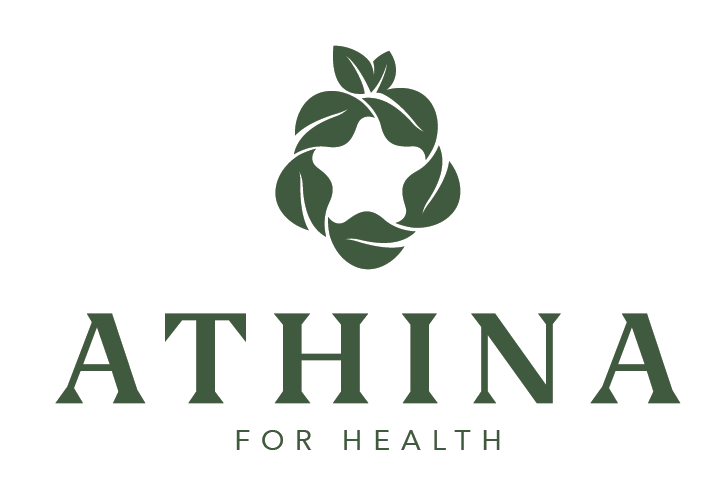1. A healthy diet is the key to a healthy life
Nutrition, life and the human body always go hand in hand and interact with each other. Nutritional balance brings a healthy body and the health of the body responds well to nutrition. If we apply nutrition incorrectly, eat inadequately or load the body with toxic substances along with irregular living habits, the balance in the body will be disturbed and cause disease. Healthy habits like eating nutritious foods and staying active can increase your longevity and improve your quality of life. Proper and balanced nutrition not only improves mental health by reducing symptoms of anxiety and depression, but also strengthens the immune system, helping to prevent chronic diseases such as diabetes, heart disease and certain diseases. number of types of cancer.
2. Improve health through daily nutrition
More and more people are aware of the importance of balanced nutrition. However, there is no general formula for each person. Each individual and each stage has different nutritional requirements. Changing your daily diet brings many health benefits not only to you but also to your family members. It can be difficult to change established eating habits, but focus on small changes.
Below are suggestions for establishing a balanced diet to help strengthen and improve health.
First, find the strengths and weaknesses in your current diet. Create a nutrition diary by recording everything you eat and drink every day. You’ll know whether you need to eat more or less from a specific food group. For example, determine if you eat fruits, vegetables or other high-fiber foods? If so, maintain your diet, but if not, add these foods to your regular diet.
Unhealthy fats include foods such as dark chicken meat, poultry skin, fatty pork, beef and lamb, and high-fat dairy foods (butter, cheese, etc.). It’s good for your health if you use too much. So change the way you prepare food to cut down on unhealthy fats. Instead of deep-frying foods, you can saute, grill, or steam foods. Remove the skin before cooking chicken or other poultry. Eat fish at least once a week.
Healthy eating isn’t about rigid dietary restrictions or eliminating the foods you love. Learn how to make healthier food choices and cultivate better eating habits. Whole, unprocessed foods like fresh fruits and vegetables, whole grains, lean proteins and healthy fats contain many of the essential vitamins, minerals and fiber your body needs to function optimally.

The daily menu should prioritize pure foods, especially foods of plant origin, with priority given to foods of local origin. People often say “whatever season you eat”. Eat plenty of fruits and vegetables at meals and snacks. Aim to fill half your plate with colorful vegetables or fruits at every meal. These foods are rich in fiber, vitamins, minerals and antioxidants that support overall health and may help prevent chronic diseases.
Choose whole grains like brown rice, oatmeal or whole wheat bread instead of refined grain products like white rice and white bread. Offer lean proteins like fish, poultry or plant-based proteins like lentils, quinoa and tofu, instead of processed meats. Get healthy fats from sources like avocados, nuts, seeds and olive oil, instead of unhealthy fats found in fried foods or baked goods.
Limit sugar: Added sugars contribute to empty calories – calories that provide little or no nutritional value. These can lead to weight gain and health problems such as heart disease and diabetes. It is important that you limit your intake of added sugars, prioritizing natural sugars from fruits, honey…

3. Rules of nutritional balance
Nutrition experts note that nutritional balance is the balanced consumption of essential substances such as protein, starch, sugar, and fat in a certain ratio, usually 12-20% protein. (protein), 50-60% starch and sugar (carbohydrates), 20-30% fat. Depending on the nature of the job, different regions, different ages or health status, this rate changes flexibly. It sounds difficult but it’s simple, fill half your plate with fruits and vegetables, 1/4 with protein and the remaining 1/4 with whole grains. After calculating the total energy intake, we need to distribute it evenly throughout the day, ensuring balance between meals. Most experts recommend focusing on daytime meals such as breakfast and lunch, and limiting eating too much dinner and eating too late. Morning is always the most important time of the day, and eating a balanced breakfast can provide energy for a long day of activity. You should choose cereal bread, fresh milk, eggs, and fresh fruit for breakfast. You can also choose a complete and scientifically nutritious meal to replace each breakfast with Alpha Lipid Lifeline colostrum or suitable alternative supplements.

Another necessary rule is to eat a variety of groups of substances with many different foods. This is also a very important principle to ensure you have a balanced diet. The advice given is that we should eat at least 15-20 different foods a day. A reasonable diet with a combination of foods can help strengthen the immune system and improve health.
Staying hydrated is important for good health. Drinking enough water ensures essential nutrients are transported to every organ in the body, helping you maintain good energy levels throughout the day. To stay hydrated, make sure to drink at least 6-8 glasses of water per day. However, individual needs vary depending on factors such as activity level, age and climate.
Healthy living is a journey that involves making wise choices, day in and day out. Remember, every small step counts and it’s never too late to start. By drinking enough water, eating healthy foods, having balanced nutrition, getting enough sleep and being physically active, you are investing in your health, ensuring a healthier and happier life.











